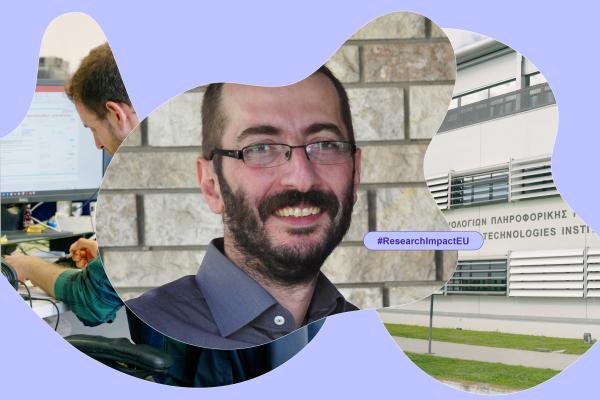The EU’s Cancer Mission Bus Roadshow is bringing experts in cancer prevention and early detection to communities across Europe, as part of a push to improve the lives of millions.
One EU-funded project in the 1990s turned the medical world on its head by introducing 3D printing to healthcare. This led to much better outcomes for complicated surgeries, improving the lives of…
EU-backed researchers and doctors are pioneering advanced pre-implantation and prenatal genetic testing to improve the chance of healthy pregnancies in at-risk families.
From solar energy beamed from space to genetic brain maps and live self-repairing bridges, research in 2025 is promising. And we may see more changes that make cities greener and cleaner.
Professor Michael Hall, the 2024 Balzan Prize winner, explains how investigating a novel compound found on Easter Island led to major scientific breakthroughs in the understanding of cell growth and…
EU-funded researchers are unlocking the secrets of the human eye, creating cutting-edge digital models that are transforming the quality of eye surgeries.
As the monkeypox virus continues to pose a threat to global health, EU-funded researchers are working together with international partners to manage the disease and protect the most vulnerable.
Antimicrobial resistance is a growing health threat across the world, but EU-funded scientists are working together to boost research and find new treatments.
Better understanding of the complex relationship between mind and body may provide new treatment strategies for chronic pain, say EU-funded researchers.
Researchers, clinicians and patients are collaborating in an EU-wide alliance to advance understanding of rare diseases and speed up the development of new treatments.














